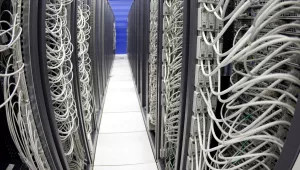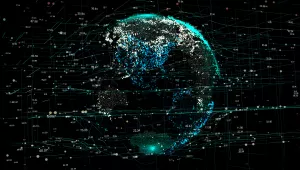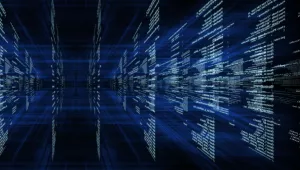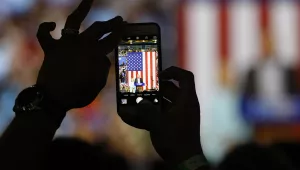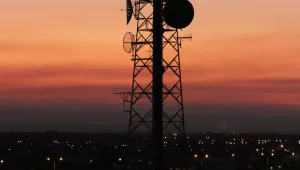
Katherine Mansted
Katherine Mansted is a nonresident fellow, with a focus on emerging technologies, cybersecurity, and the Asia-Pacific. Her research explores the impact of the information revolution on traditional systems—including democracy, national defense, and international relations. Her publications include work on cyber-enabled foreign interference in Australia, and internet privacy.
Previously, Katherine has practiced law as a commercial solicitor, served as a policy adviser to an Australian Cabinet Minister, and served as an Associate to a Justice of the High Court of Australia.
Katherine holds a Master of Public Policy from the Harvard Kennedy School, and a Bachelor of Laws with First Class Honors and a Bachelor of International Relations from Bond University.
-
Fellow, Belfer Center for Science and International Affairs

